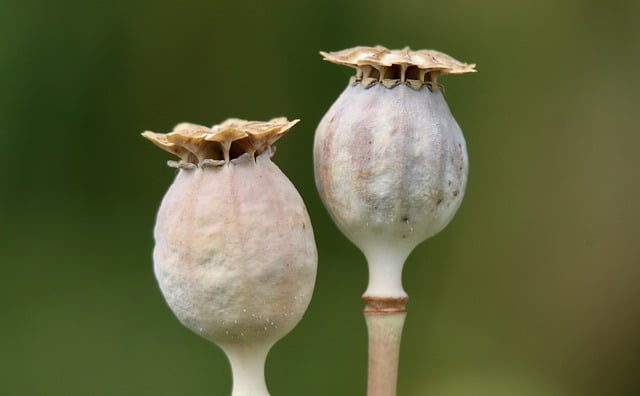The Probiotic Power Trio: Unveiling the Combination of Prebiotics, Probiotics, and Postbiotics
In recent years, there has been a growing interest in gut health and the role of probiotics in maintaining a healthy digestive system. Probiotics are live bacteria and yeasts that are beneficial for our bodies, particularly for our gut. But did you know that prebiotics and postbiotics also play an essential role in maintaining gut health? Let’s dive deeper into the probiotic power trio: prebiotics, probiotics, and postbiotics.
1. Prebiotics
Prebiotics are non-digestible fibers that act as food for probiotics, promoting their growth and activity in our gut. Unlike probiotics, prebiotics are not living organisms, but they serve as nourishment for the good bacteria. They are typically found in various fruits, vegetables, and whole grains.
The most well-known prebiotics are oligosaccharides, such as inulin and fructooligosaccharides (FOS). These fibers pass through the upper part of our digestive system undigested and reach the colon, where they are fermented by probiotics. The fermentation process produces short-chain fatty acids and other beneficial substances that promote a healthy gut environment.
Including prebiotic-rich foods in your diet can help support the growth of probiotics in your gut. Some examples of prebiotic-rich foods include bananas, onions, garlic, asparagus, and whole grains.
2. Probiotics
Probiotics, as mentioned earlier, are live microorganisms that confer health benefits when consumed in adequate amounts. These beneficial bacteria are commonly found in specific foods or supplements. The two most common types of probiotics are Lactobacillus and Bifidobacterium.
Probiotics work by colonizing the gut and supporting a diverse and healthy microbial community. They help improve the balance between good and bad bacteria in our digestive tract, which plays a vital role in digestion, nutrient absorption, immune function, and overall well-being.
Some of the potential benefits of probiotics include reducing digestive issues like diarrhea and irritable bowel syndrome (IBS), boosting the immune system, and even supporting mental health and weight management. However, it’s important to note that the specific benefits and strains of probiotics may vary, so it’s essential to choose the right probiotic strains for your needs.
3. Postbiotics
Postbiotics are the byproducts of the fermentation process that occurs when probiotics ferment prebiotics in the gut. These byproducts include various metabolites, short-chain fatty acids (SCFAs), enzymes, vitamins, and other bioactive compounds. Postbiotics have shown promising health benefits and are believed to contribute to the overall positive effects of probiotics on our gut health.
Short-chain fatty acids, in particular, play a crucial role in maintaining gut health. They help nourish the cells lining the colon and support a healthy gut barrier function. Additionally, postbiotics exhibit antioxidant, anti-inflammatory, and immune-modulating properties, which further contribute to their overall health-promoting effects.
Postbiotics can be obtained by consuming probiotic-rich foods or by taking postbiotic supplements. Foods fermented with beneficial bacteria, such as yogurt, kefir, sauerkraut, and kimchi, naturally contain postbiotics.
The Power of the Probiotic Trio:
While each component of the probiotic power trio—prebiotics, probiotics, and postbiotics—offers unique benefits, their combination creates a powerful force for promoting and maintaining overall gut health. When consumed together, they work synergistically to create a balanced and harmonious gut environment.
By incorporating prebiotic-rich foods into your diet, you provide nourishment for probiotics to thrive and multiply. The probiotics, in turn, colonize your gut and support a diverse microbial community. As probiotics ferment prebiotics, they produce postbiotics, which contribute to the overall health benefits and help maintain a healthy gut barrier.
Together, the probiotic power trio can help improve digestion, enhance nutrient absorption, support a robust immune system, and promote overall well-being.
Conclusion
Gut health is essential for our overall health and well-being, and understanding the role of the probiotic power trio—prebiotics, probiotics, and postbiotics—can help us make informed choices to support our







